All true tea, from the tea plant, contains some caffeine, but the caffeine levels vary widely from one individual to the next. Growing conditions, the cultivar of plant used, and the processing all influence the caffeine levels in the finished leaf.
The way you brew tea also influences the caffeine content of the brewed cup.
Although I do my best to give accurate info, this information is just my best estimate. Caffeine content can be highly variable; if you have a medical sensitivity, try a small amount of a given tea first, to be safe, or seek out a caffeine-free herbal tea.


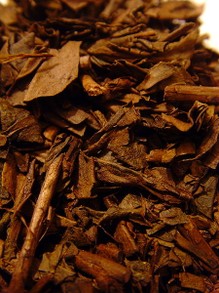
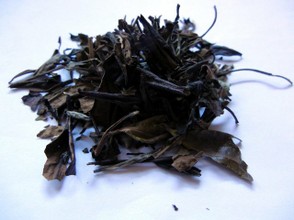
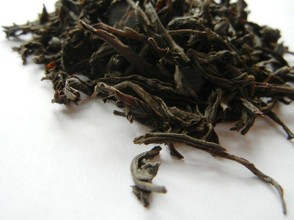
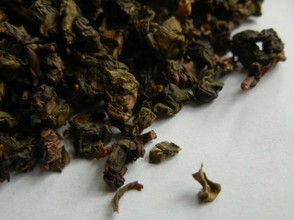
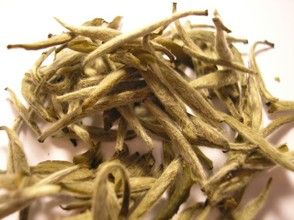
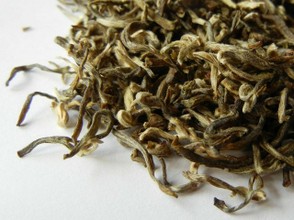



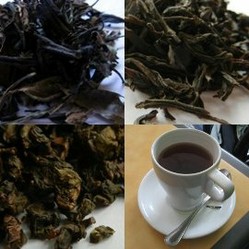

 The Shaming of Femininity and Elevation of Masculinityon 07/13/2017
The Shaming of Femininity and Elevation of Masculinityon 07/13/2017
 What is Genderqueer or Non-Binary Gender?on 10/16/2015
What is Genderqueer or Non-Binary Gender?on 10/16/2015
 Resources for Learning Spanish Free Onlineon 04/13/2016
Resources for Learning Spanish Free Onlineon 04/13/2016
 Ways Native Plants Can Help Control Invasive Plantson 05/26/2016
Ways Native Plants Can Help Control Invasive Plantson 05/26/2016
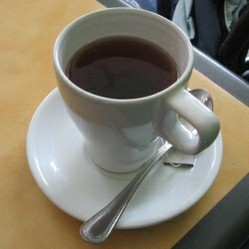
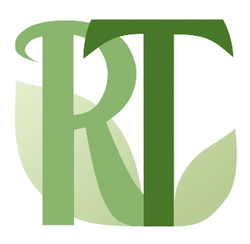
Comments
Thank you! I think most people don't really need to think or worry much about the caffeine content of tea, because it is much lower than coffee and it's a very safe amount for most people.
I find it helpful though to have some lower-caffeine teas on hand for the times when I want to drink tea in the evening, or when it's the hotter part of summer (like it is now) and I'm drinking volumes of iced tea.
For example, today I made up a big batch of bancha, which is low in caffeine, and drank four cups worth of that in addition to a hot cup of more highly-caffeinated Darjeeling first flush tea. It was nice to be able to drink a big volume of tea without ending up overly caffeinated.
I love tea and take it regularly in the morning and evening. As long as my intake is less, I do not worry about the amount of caffeine in tea. However; I can still make use of these wonderful tips given in the article. I would also like to experiment with some of the flavours you have mentioned.
I tend to have a high tolerance (and need) for caffeine and yet I do like to keep my intake within a healthy amount. BUT I love Love LOVE tea and drink it all day long, hot in the winter and iced in the summer. Thanks for the helpful guide as to how I can enjoy lower caffeine without using those yucky decaf teas. :)K